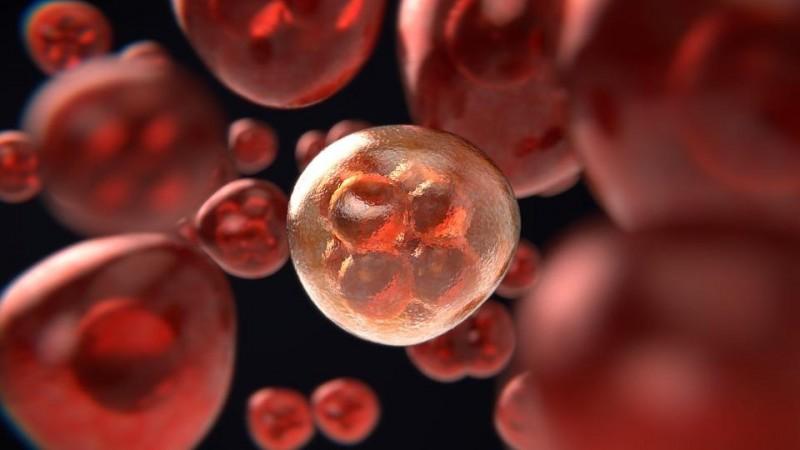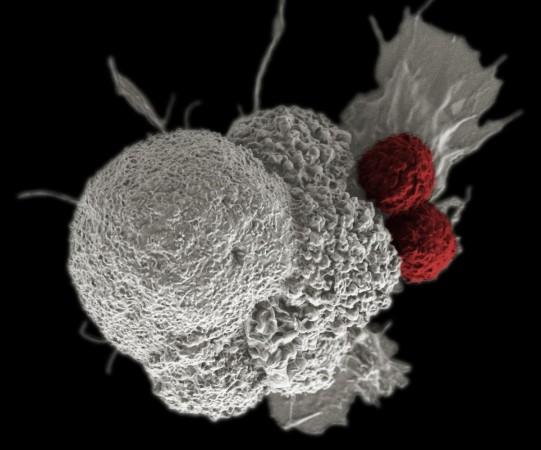Immunotherapy has given cancer patients across the world a fighting chance at life. However, despite advancements in the management of cancer, the prognoses and outcomes of cancer are often worse in men. This occurrence has left the scientific community stumped for decades. Now, scientists have suggested that using male sex hormones as targets for immunotherapy can help address the sex bias in the development of cancer.
Through a new multi-institutional study, researchers identified a regulon (a group of genes) in the weakening of particular immune cells and the role of androgen signaling in tumor growth. The findings were published in the journal Science Immunology.
"Collectively, these findings highlight androgen-mediated promotion of CD8+ T cell dysfunction in cancer and suggest broader implications for therapeutic development to address sex disparities in health and disease," said Dr. Zihai Li, senior corresponding author, in a statement.
Difference in Outcomes

In patients with cancer arising from non-reproductive organs such as liver and bladder cancer, there are noticeable differences in the frequency, response to treatment, progression, and survival chances based on sex. Male patients tend to have far worse prognoses and outcomes when compared to female patients.
The research focussed on the immune response of T cells to malignancy, which is a crucial determining factor in the outcomes of cancer and has been a key target in cancer immunotherapy in the past few years. Therefore, the team analysed the variance in the intratumoral immune responses between female and male cancer that were not of reproductive origin.
Role of Androgen Signalling

Through this study, the authors made a ground-breaking finding that illustrates how males sex hormones play a role in cancer-associated sex bias through the moderation of CD8+ T cells or cancer 'killer cells'. CD8+ T cells are immune cells that moderate adaptive immunity and help the body mount anti-tumor responses.
Androgens are a set of sex hormones. They aid in the commencement of puberty and play a key role in the development of the body and reproductive health. The levels of androgens are much higher in men generally. Through the current research, the researchers learnt that CD8+ T cells from cancers in male subjects—both mice and human patients—have a higher likeliness of possessing features of a debilitated anti-tumor immune function, also called "exhausted" T cells.
The progenitor exhausted CD8+ T cell phenotype is promoted by androgen signalling through the moderating expression of TCF1, a transcription factor that regulates the function of CD8+ T cell. "Androgen-mediated promotion of CD8+ T cell dysfunction results in faster tumor growth and worsened outcomes, and targeting of this signaling cascade holds a crucial key to improving current cancer immunotherapies," explained Dr. Li.








